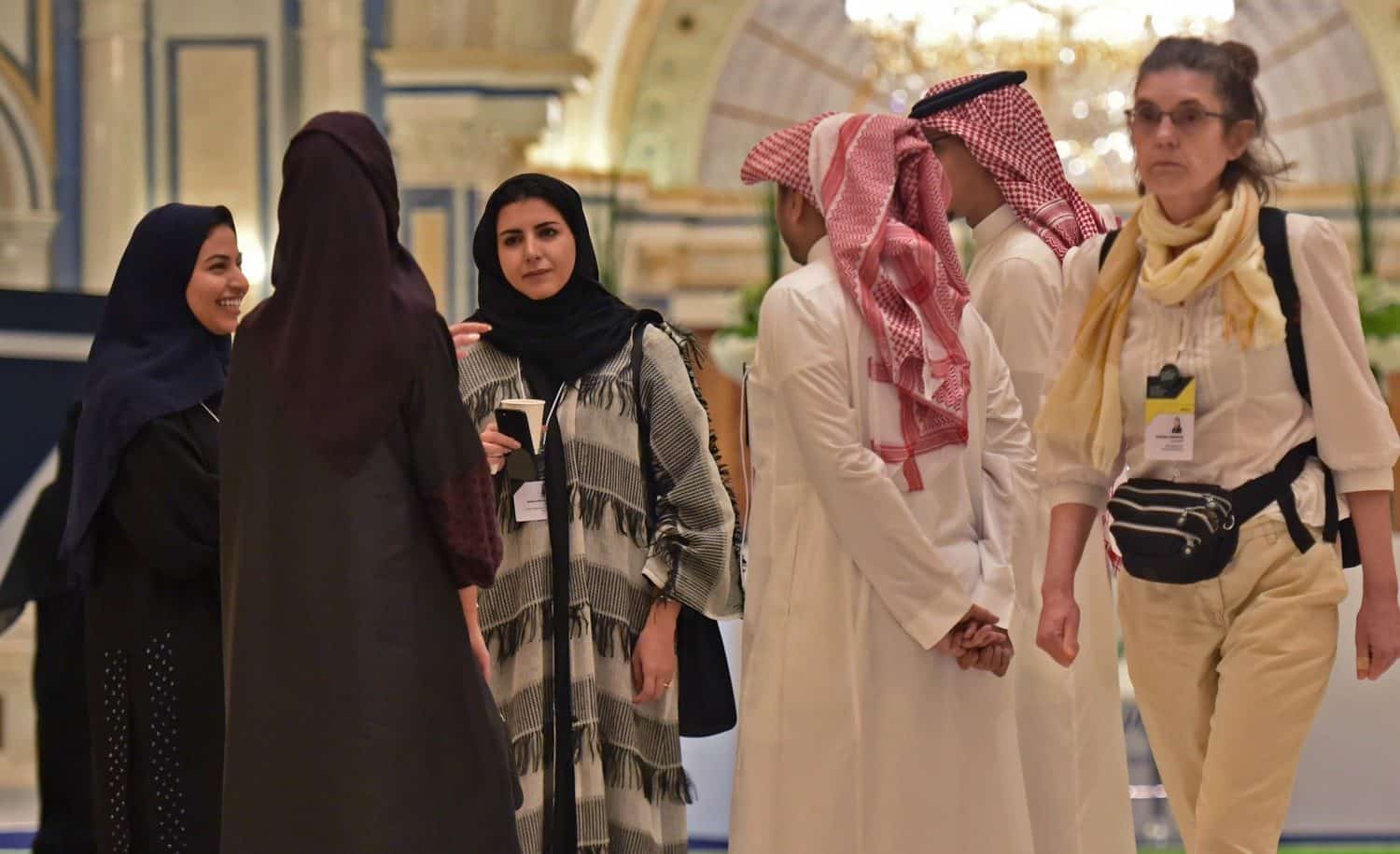Dubai, UAE – Around 70 percent of top-performing teams in the GCC have a higher percentage of women, underscoring the positive impact of gender diversity on organizational success, a survey by Bain & Company has revealed.
Leading the way in this transformation are the United Arab Emirates (UAE) and Qatar, while Saudi Arabia has experienced the most rapid pace of change over the past decade.
Regional data from the report shows that governments across the GCC have played a significant role in catalyzing gender equity across sectors. Qatar at 60 percent and the United Arab Emirates (UAE) at 53 percent, continue to lead the region when it comes to females participating in the workforce.
Saudi Arabia has seen the fastest pace of change, reaching 37 percent female participation in the first quarter of 2023, exceeding the country’s Vision 2030 targets more than seven years ahead of schedule.
However, the survey sheds light on the persisting gender biases and stereotypes that continue to hinder progress towards gender equity in the region. The survey, which involved 1,150 professional men and women, along with diagnostics of 25 of the largest GCC organizations, identified additional barriers stemming from these biases.
Despite the positive developments, achieving gender equity, particularly at the leadership level, remains a significant challenge. Currently, only approximately 7 percent of board seats in the GCC are held by women, in stark contrast to the global average of 20 percent.
“Women have been changing the face of the workforce in the GCC, with a growing number of organizations reaching the tipping point of 30 percent representation,” Anne-Laure Malauzat, Partner and Chief DEI officer at Bain & Company Middle East, said..”The government push for gender equity has been a massive trigger of this change and more organizations have seen the clear benefits of gender diversity and added it to their agenda in the last 5 years as a result.”#Qatar at 60 percent and the #UAE at 53%, continue to lead the #GCC in women’s participation. @BainAlerts







